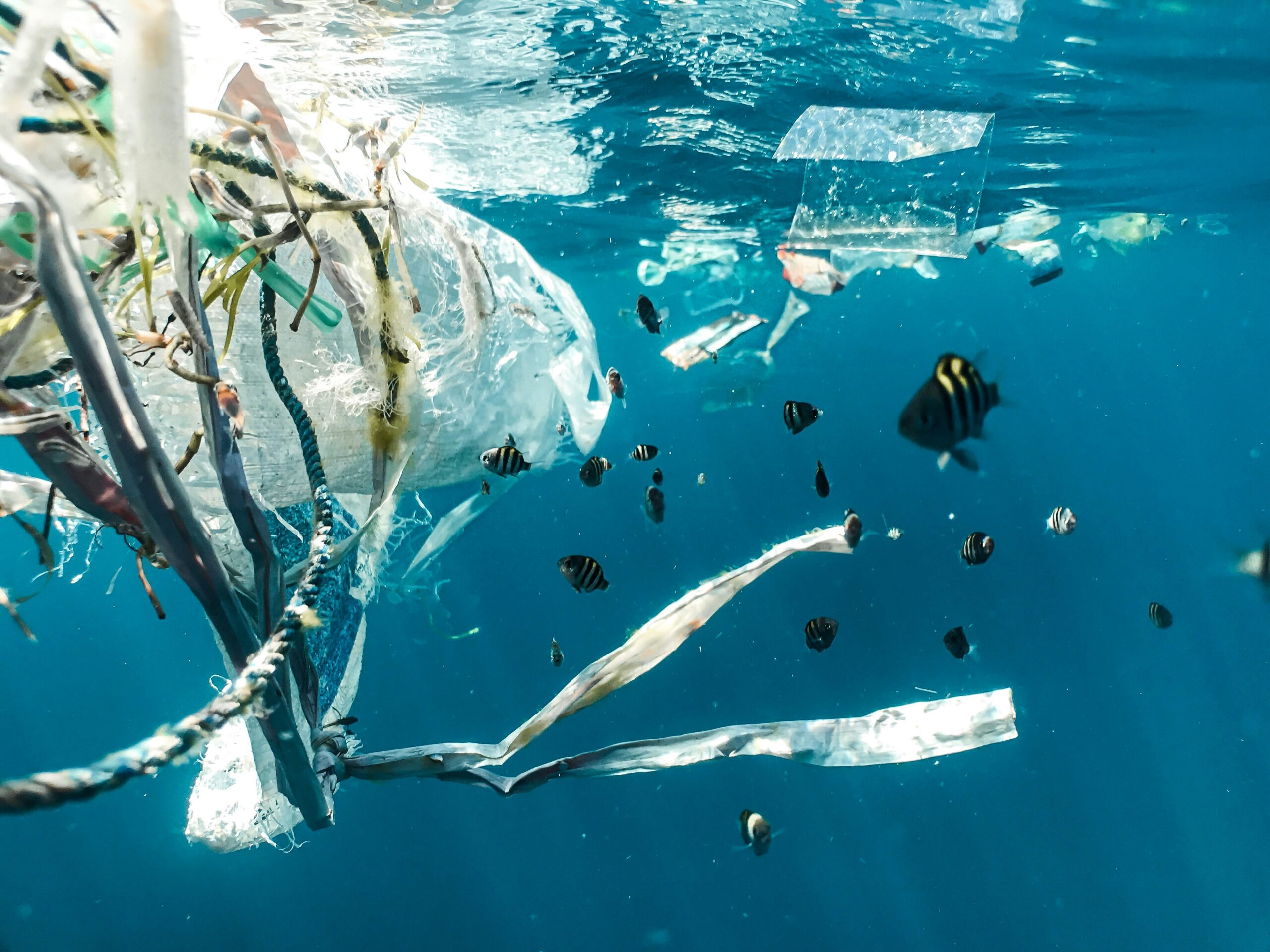Island Building in South China Sea has Critical Environmental Impact
The environmental impact of island building is significant and has far-reaching consequences for the delicate ecosystem of the South China Sea.

Photo by Ibrahim Mushan on Unsplash
Island building in the South China Sea has become a topic of great concern in recent years. The construction and expansion of artificial islands by several countries in the region have raised alarm bells among environmentalists and experts.
The environmental impact of these activities is significant and has far-reaching consequences for the delicate ecosystem of the South China Sea.
Highly Contested Area
The South China Sea is a highly contested area, with several countries claiming sovereignty over different parts of the region.
China, in particular, has been involved in extensive island building activities, reclaiming land and constructing artificial islands to bolster its territorial claims.
These activities involve dredging and land reclamation, where sand and coral are extracted from the seabed and used to build up the landmass. This process not only destroys coral reefs and marine habitats but also disrupts the natural flow of sediments, affecting the entire marine ecosystem.
Environmental Impact
The environmental impact of island building in the South China Sea is multifaceted and severe. One of the most significant consequences is the destruction of coral reefs.
Coral reefs are vital ecosystems that support a wide range of marine life, including fish, crustaceans, and other organisms.
The dredging and land reclamation process destroys these reefs, leading to a loss of biodiversity and the disruption of the food chain.
Furthermore, the construction of artificial islands alters the natural sediment flow in the region. Sediments play a crucial role in maintaining the health of coastal ecosystems, as they provide nutrients to marine organisms and help stabilize shorelines.
Island building, therefore, disrupts this natural process and threatens the stability of the entire coastal ecosystem.
The destruction of coral reefs and disruption of sediment flow also have far-reaching consequences for the fishing industry in the South China Sea.
The region is home to one of the most productive fishing grounds in the world, supporting the livelihoods of millions of people. The loss of coral reefs and the decline in fish populations due to habitat destruction can have devastating effects on local communities that depend on fishing for their survival.
International Concerns
The environmental impact of island building in the South China Sea has not gone unnoticed by the international community.
Environmental organizations and concerned countries have raised their voices against these activities, highlighting the need to protect the fragile ecosystem of the region.
The United Nations Convention on the Law of the Sea (UNCLOS) provides a legal framework for the protection and preservation of marine environments.
Several countries have called on China and other nations involved in island building to adhere to the principles of UNCLOS and take measures to mitigate the environmental impact of their activities.
Efforts are also being made to raise awareness about the importance of preserving the South China Sea’s environment.
Scientists and researchers are conducting studies to assess the extent of the damage and propose solutions for mitigating the environmental impact.
The environmental impact of island building in the South China Sea is a critical issue that demands immediate attention. It is essential for all countries involved to recognize the importance of preserving the delicate ecosystem of the region and take steps to mitigate the environmental impact of their actions.









